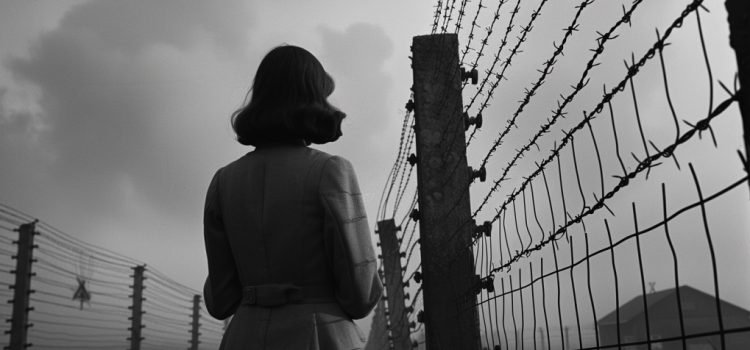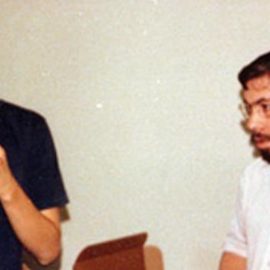
Do you feel guilty for surviving a traumatic experience? What might you learn about survivor’s guilt from a victim of the Holocaust?
In her memoir, Dr. Edith Eva Eger delves into the arduous process of reconstructing her existence following the genocide of World War II. She highlights the obstacles that survivors encountered and the routes they took to achieve meaning and purpose.
Continue reading to learn how to deal with survivor’s guilt by understanding what surviving the Holocaust means to Eger.
Survivor’s Guilt and the Holocaust
Eger emphasizes the stark contrast between the brutal circumstances survivors faced in Auschwitz and their subsequent settings post-liberation, like living in a camp intended for children’s summer activities. The shift to post-Holocaust existence posed many difficulties, as shown by survivors laboring under severe conditions that resulted in physical injuries, such as bleeding hands while handling fibers. Eger often felt guilty for surviving the Holocaust and experiencing joy, struggling with the profound emotional burden of feeling guilty for outliving others. Her experience provides insight into how to deal with survivor’s guilt.
Holocaust survivors such as Eger encountered physical illness and psychological trauma upon returning home, which was sometimes seen as a setback in their recovery. Eger and her colleagues often refrained from talking about their traumatic past, indicating a common avoidance and emotional detachment that functioned as a psychological protective strategy. Eger struggled for many years with memories and feelings of guilt for surviving, frequently pondering how she, despite her vulnerability in her earlier years, managed to endure.
(Shortform note: Survivor’s guilt refers to the emotional distress felt by those who have survived a traumatic event while others did not, leading to feelings of guilt for being alive. After surviving the Holocaust, individuals faced the daunting task of rebuilding their lives post-liberation. This process involved coping with survivor’s guilt, physical and psychological trauma, and adjusting to a vastly different world outside the camps. It required finding ways to navigate the challenges of adjustment, seeking significance and purpose, and addressing the profound emotional burdens carried from the traumatic past. Rebuilding a life after such harrowing experiences involved a complex journey of healing, resilience, and seeking meaning amidst profound loss and devastation.)
Eger’s narrative illustrates her deep dedication to protecting her family from the traumatic event she endured. She worked hard to create a sense of security by fostering a welcoming and safe environment for her loved ones, engaging in daily rituals and seasonal activities to bring joy and stability to her family’s life. Eger deliberately chose not to share her past experiences with her children and friends in order to protect them from the distress those memories could cause. The notion that she might have prevented her mother’s demise haunted her, amplifying her survivor’s guilt.
Pathways to Significance and Intent
Despite the challenges, Eger discovered ways to find significance and fulfillment through remarriage, education, and by assisting others. She married Béla Eger, who did not live up to the romantic ideal she envisioned, yet he emerged as a crucial cornerstone of companionship and support, signifying a significant stage in rebuilding her life. Several close friends of her father, along with her sisters, attended the modest city hall wedding, symbolizing the support from her remaining family and friends.
Eger pursued further education to explore and establish her understanding of life’s significance and her goals after surviving the Holocaust. She composed an essay titled “Viktor Frankl,” remarried Béla following their separation, and chose to teach civics in a disadvantaged area to elevate students who confront challenges akin to her experiences as an immigrant in America.
Eger emphasizes that forgiveness played a crucial role throughout her journey toward recovery. She views forgiveness not as a validation of the oppressors’ actions, but as a personal measure that frees her from the bitterness and grief that tie her to those painful memories. Addressing her past experiences and recognizing that granting forgiveness was crucial to avoid letting those events spoil her future. Eger’s journey from captivity, through her release, to achieving genuine liberation was characterized by her dedication to healing her pain and embracing forgiveness.






